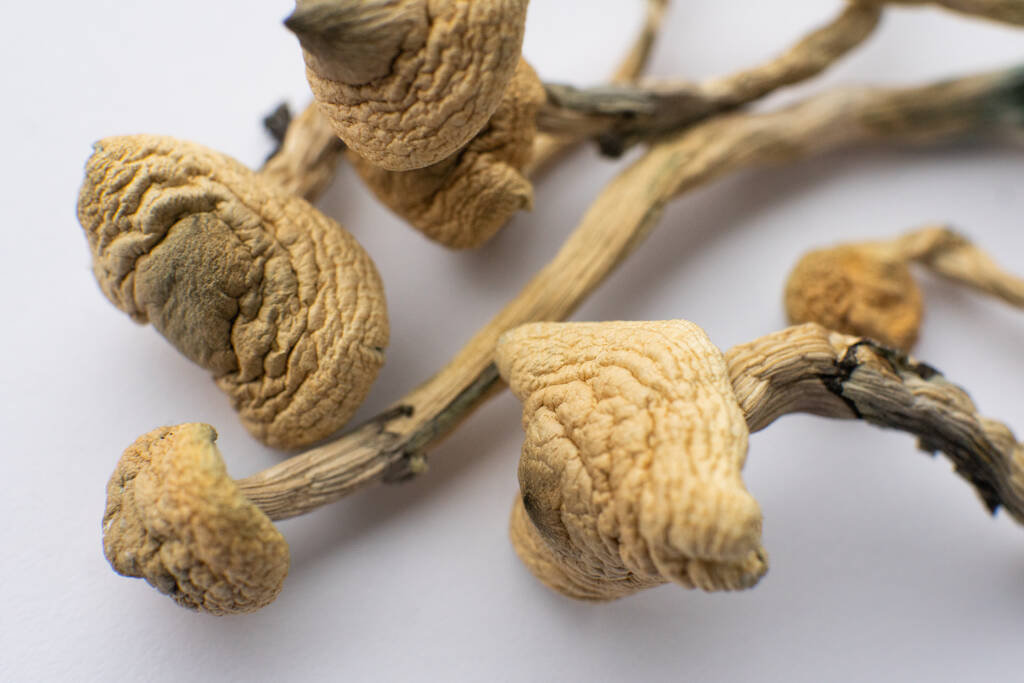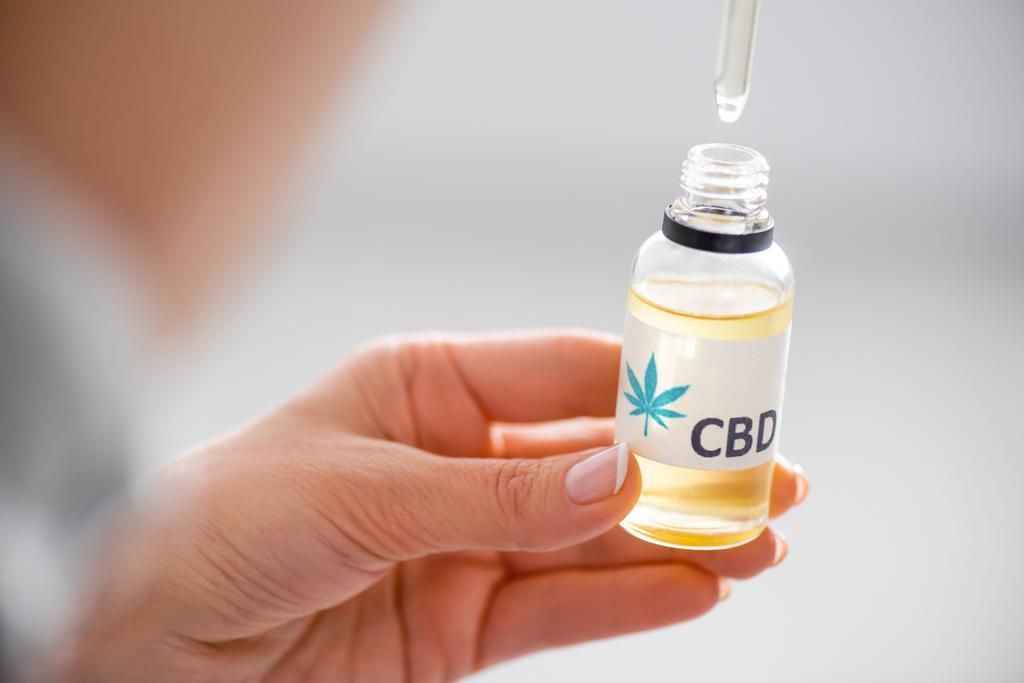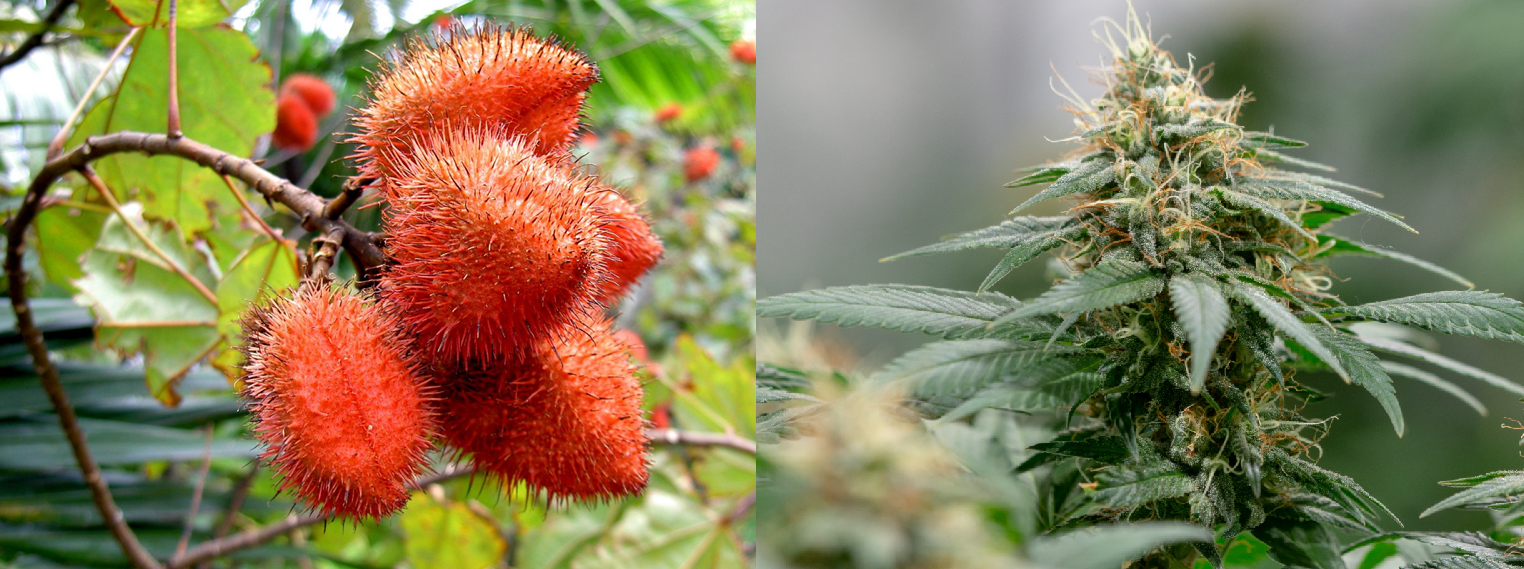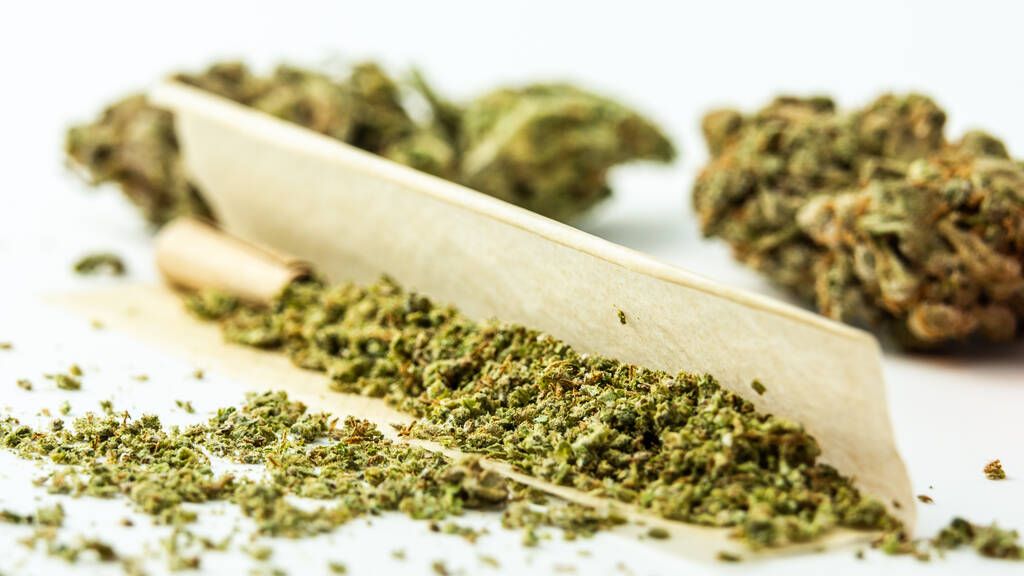The Minnesota Office of Cannabis Management (OCM) announced today it has published a notice of intent to adopt expedited rules and has opened a 30-day public comment period.
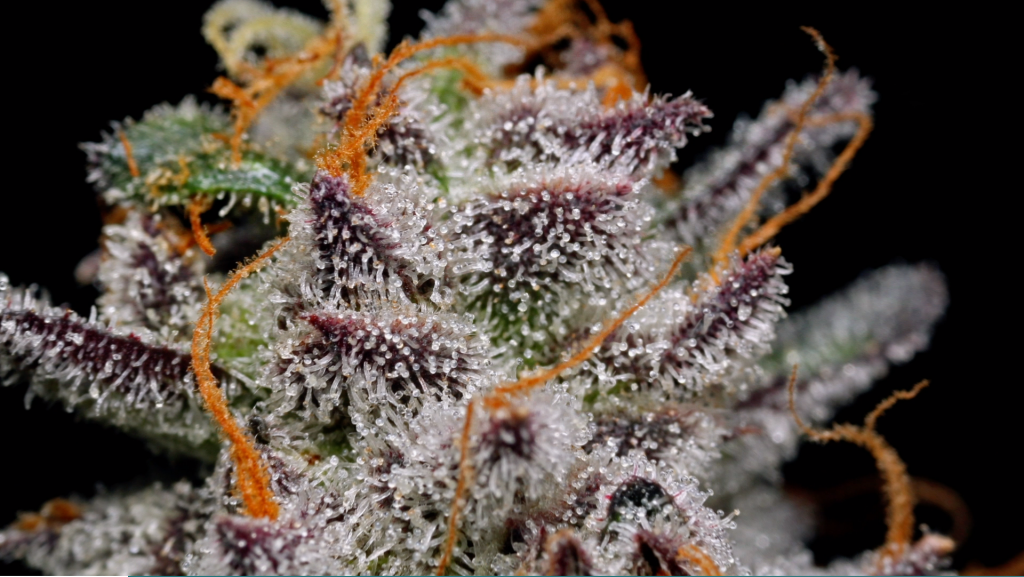
Members of the public can submit formal comment starting today, January 13, on draft rules that will complete the regulatory framework for Minnesota’s new cannabis industry. A copy of the proposed rules has been published in the State Register and may be viewed by clicking here.
The public can submit comments through the Office of Administrative Hearings (OAH) website until 4:30 p.m. on Wednesday, Feb. 12. Instructions on how to use the system are available on the OAH website.
Continue reading


